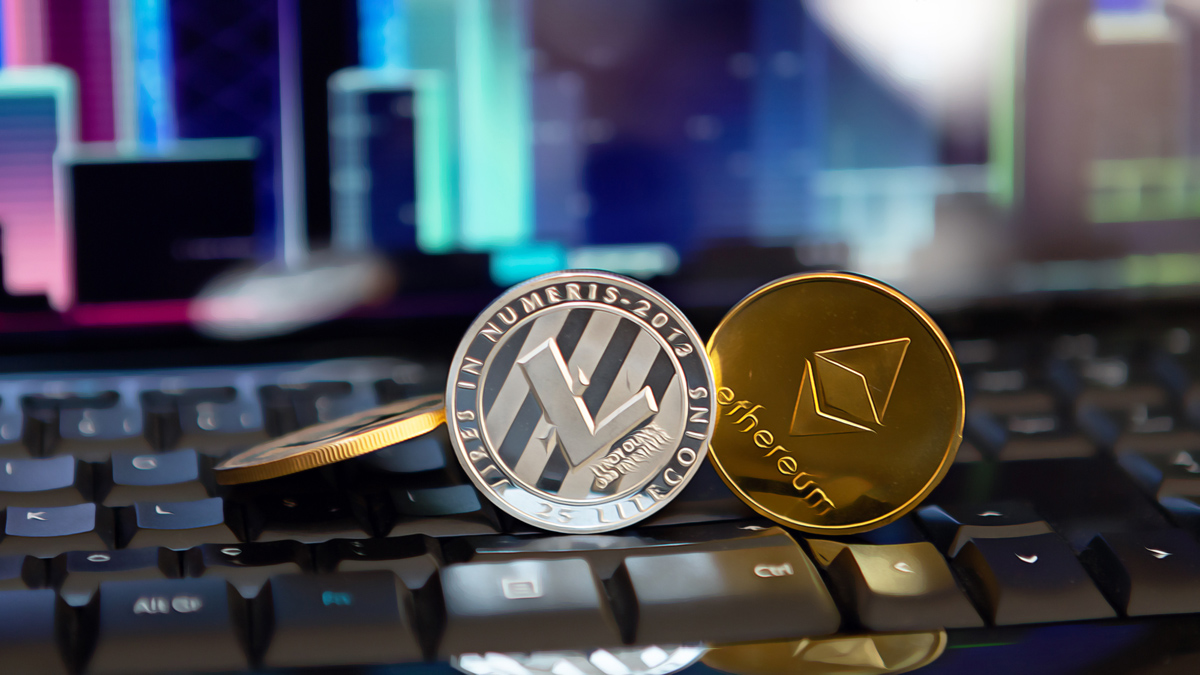A new bill introduced by New Hampshire Representative Keith Ammon may allow the state treasury to hold Bitcoin  $103,711 and precious metals as reserve assets. This proposed legislation would enable the state to store Bitcoin alongside traditional assets like gold, silver, and platinum, potentially making New Hampshire one of the first U.S. states to officially consider such a move.
$103,711 and precious metals as reserve assets. This proposed legislation would enable the state to store Bitcoin alongside traditional assets like gold, silver, and platinum, potentially making New Hampshire one of the first U.S. states to officially consider such a move.
Hampshire Bill Proposes BTC and Gold Investments
The presented bill outlines plans for the New Hampshire treasury to create a “strategic reserve” with both physical and digital currencies. The legislation aims to facilitate investments in Bitcoin and precious metals for treasury reserves.
This move represents a paradigm shift in how states manage their financial assets, coinciding with the ongoing acceptance of cryptocurrencies. Dennis Porter, CEO of Satoshi Action Fund, endorsed the bill, stating, “This law aims to position New Hampshire as a forward-thinking state by adopting digital assets and ensuring their secure storage.”
Growing Interest in Bitcoin Reserves Among States
New Hampshire’s proposal follows similar steps taken by other states, including Texas, Ohio, and Pennsylvania. The concept of using Bitcoin as a reserve has gained popularity over the past year as more people embrace cryptocurrencies and decentralized finance.
Presidential candidate Donald Trump also contributed to this conversation by promising that the United States would lead in cryptocurrencies during his campaign. The Trump administration had previously noted that the federal government owns 207,000 Bitcoins.
The idea of using Bitcoin as part of government reserves extends beyond the United States. Countries like Brazil and Poland have begun exploring this concept, with some nations taking steps to incorporate cryptocurrencies into their national treasuries.
Notably, Bhutan recently announced plans to expand cryptocurrency adoption in its Gelephu Mindfulness City initiative. Bhutan’s decision to include Bitcoin, Ethereum  $2,552, and Binance Coin in its reserves reflects the growing global acceptance of digital assets.
$2,552, and Binance Coin in its reserves reflects the growing global acceptance of digital assets.
If the bill passes, New Hampshire could pioneer the integration of cryptocurrencies into public sector financial systems. However, the legislation may face opposition from politicians concerned about the price volatility of digital assets and the security of storage solutions.
On an international scale, recognizing digital assets as reserves could be significant for countries looking to diversify their financial strategies. Such measures may create new opportunities for economic stability and future planning.
Inclusion of cryptocurrencies in official reserves at both national and international levels could encourage innovative approaches in financial systems. Ensuring security and regulatory frameworks is critical in this process.

 Türkçe
Türkçe Español
Español









